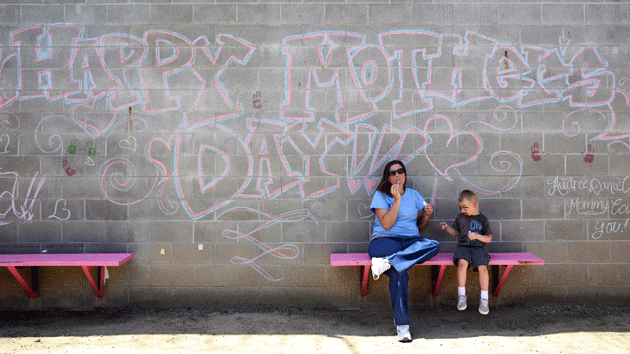
The United States imprisons too many people for too long for too many things. As John Oliver summed it up last night, “We are doing a terrible job taking care of people that it is very easy for all of us not to care about.”
Oliver outlines a few of the prison system’s flagrant injustices:
- African Americans are sent to prison for drug offenses at 10 times the rate of white people, despite similar levels of drug use.
- Solitary confinement, which Mother Jones has covered extensively, is “one of the most mentally excruciating things prisoners can be subjected to.” Yet when a senator asked the director of the Federal Bureau of Prisons about the size of the average isolation cell during a Senate Judiciary Committee hearing this past February, the prison official had no idea, stalling awkwardly before making a wildly incorrect guess.
- One in 25 prison inmates reported being sexually victimized in the past year, yet prison rape is culturally-acceptable joke material that crops up in pop culture regularly: from SpongeBob to Friends to Puss in Boots.
- In an effort to cut costs, many states outsource food, health care, and even prison operations to private contractors. These cost-saving techniques have lead to maggot-infested food in Michigan prisons and 50 inmates dying in one 8-month stretch in Arizona.
- Prisoner rehabilitation isn’t exactly the system’s focal point: Publicly-traded private prison giant Corporate Corrections of America (CCA) actually touted “high recidivism” as a reason private prisons are a “unique investment opportunity.”
He closes the segment by recapping the horrors of the US prison system with mock Sesame Street puppets: The PBS show has recently made efforts to reach out to the 1 in 28 US children growing up with a parent behind bars.
The segment’s bottom line: Prisoners are not treated humanely in the United States. They’re viewed as a nuisance, a problem to be tucked away in a cell and never thought of again. But when nearly 1 in 100 American adults is behind bars, our broken system of mass incarceration is a human rights abuse that should not be ignored.













